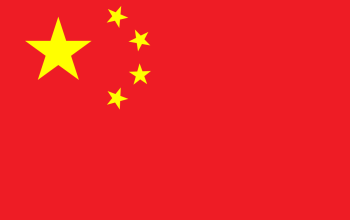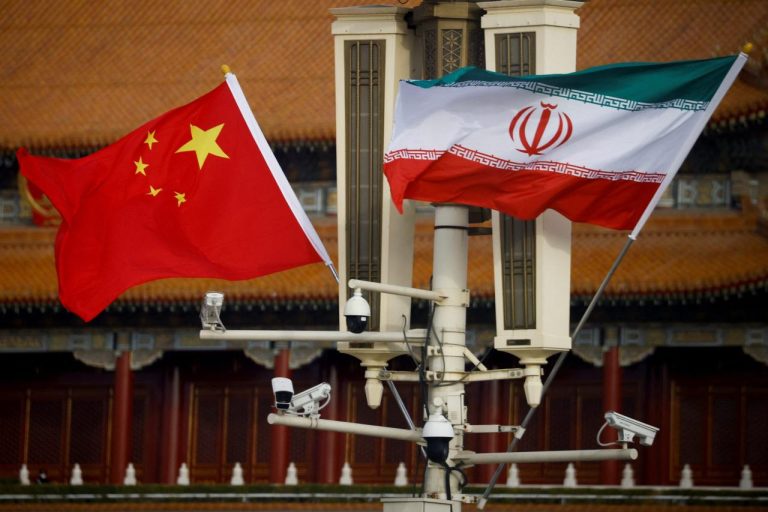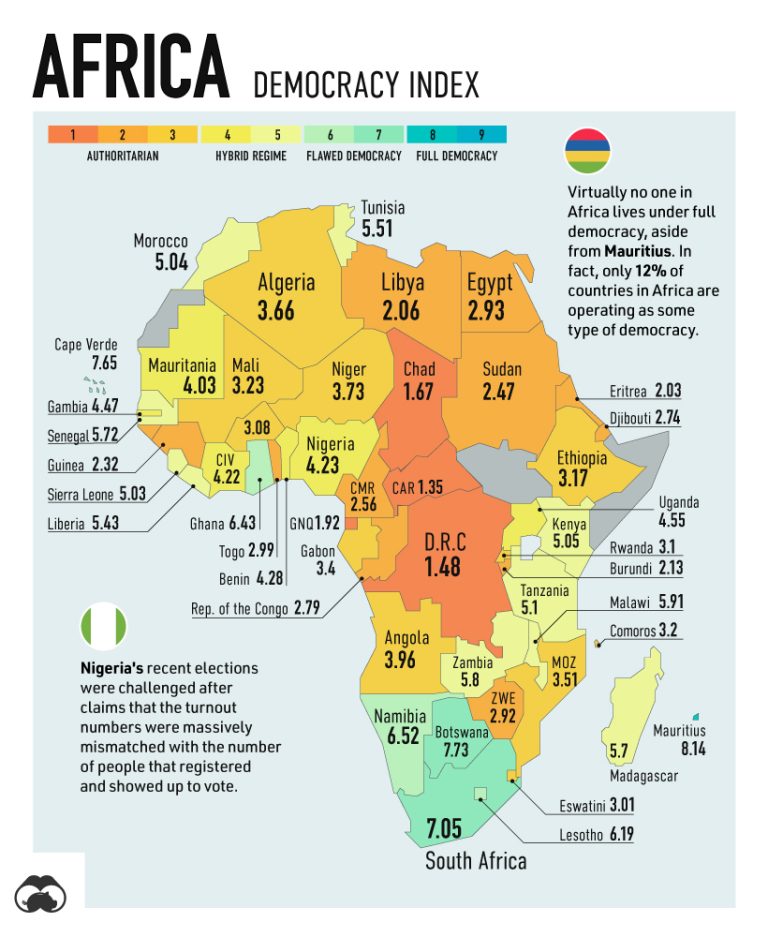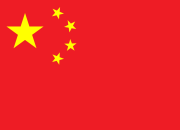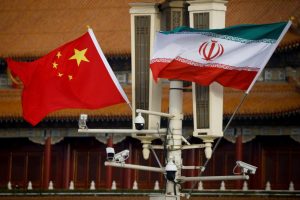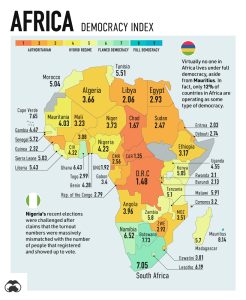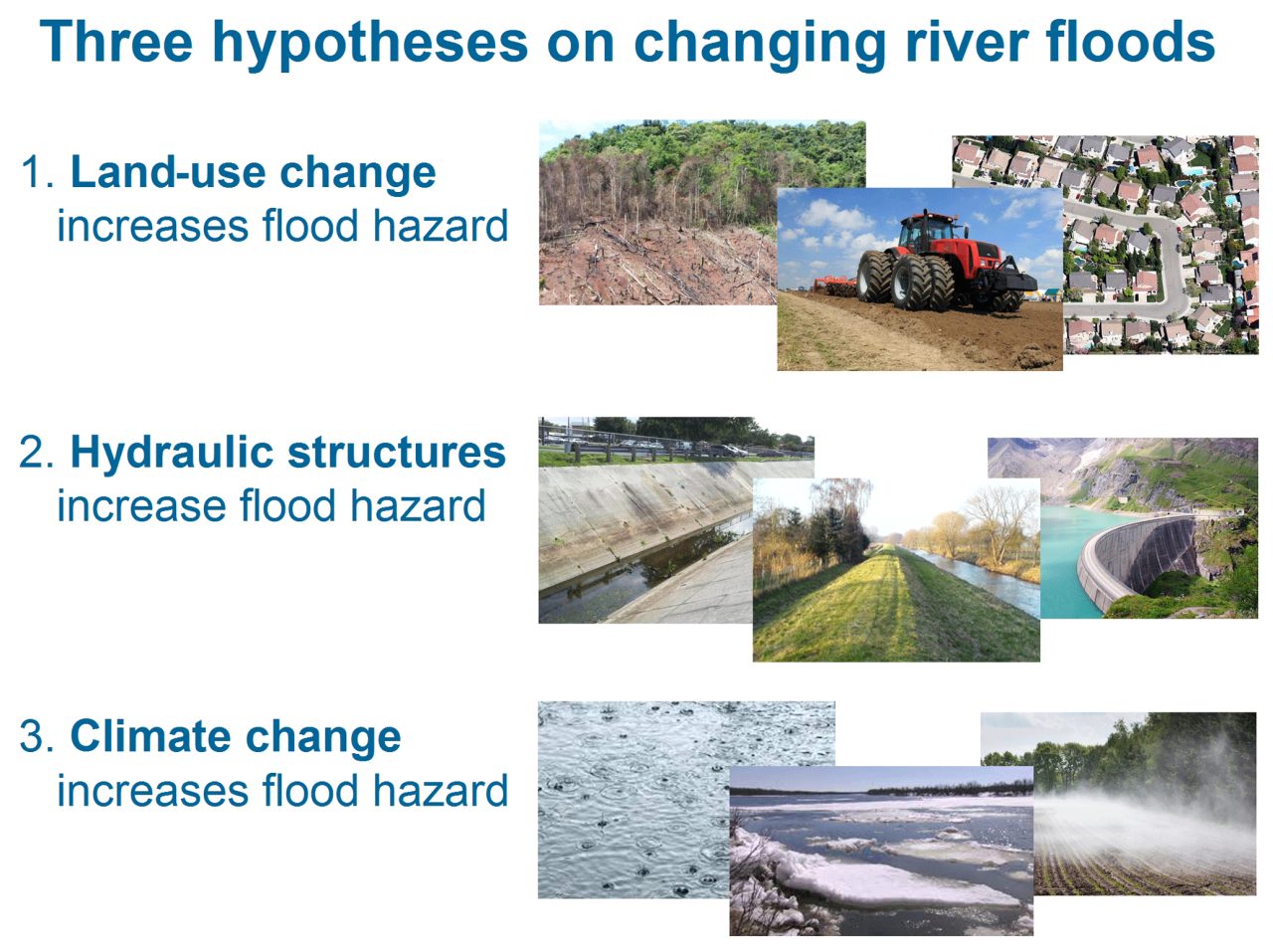
Introduction
Politics has always played a role in shaping the world we live in. From ancient empires to modern democracies, political decisions have determined the course of human history. As societies evolve, political landscapes too undergo significant changes. With the rise of new technologies and globalization, the world has become more connected, and as a result, politics has become a more complex affair. In this article, we will explore the changing dynamics of global politics and try to understand the forces that are shaping our political landscape.
Globalization and Its Impact on Politics

The phenomenon of globalization has resulted in the integration of economies, cultures and societies across the world. As people become more connected, the impact of political decisions is felt not just within a nation-state but across the globe. This has led to the rise of supra-national organizations like the United Nations, World Trade Organization, and the International Criminal Court. While these organizations have played a significant role in promoting cooperation and dialogue among nations, they have also become subject to political manipulation and interference. The issue of sovereignty has become a contentious issue in a globalized world with nation-states struggling to find a balance between their domestic agendas and international obligations.
The Rise of Populism and Nationalism
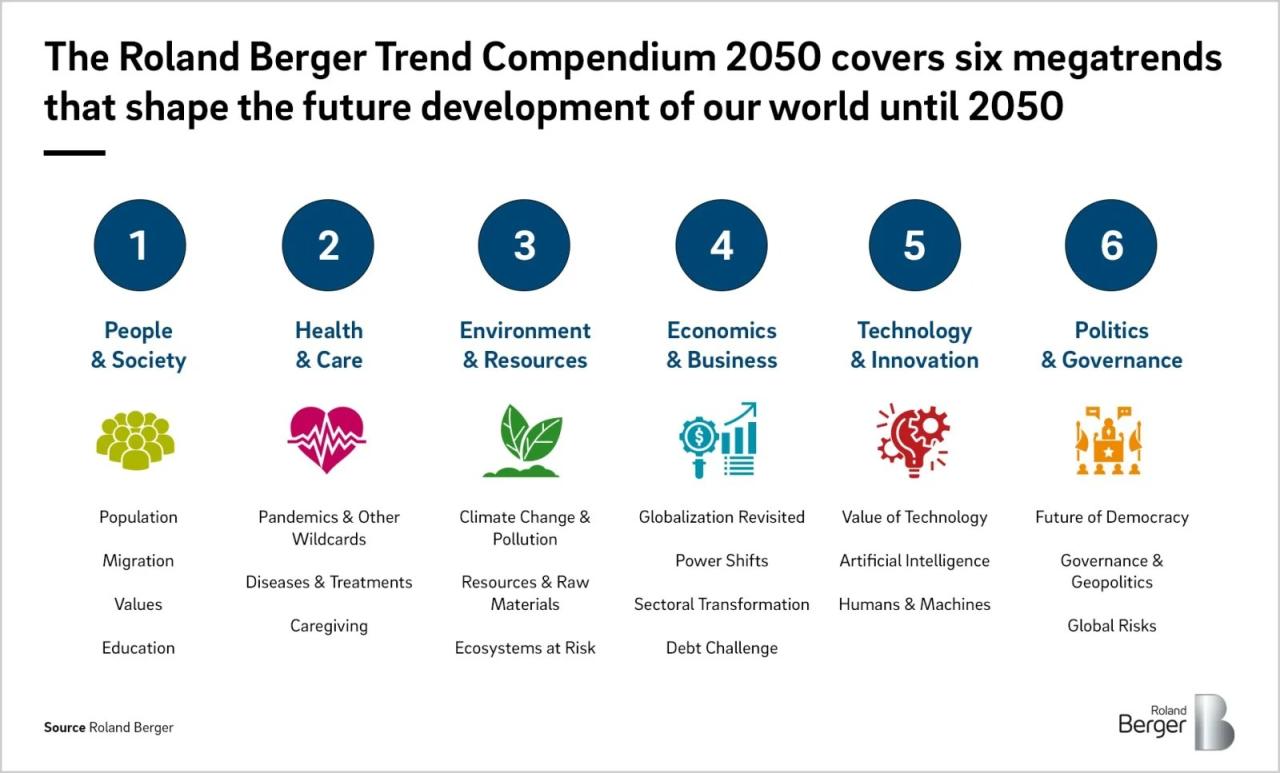
The rise of populism and nationalism is another trend that is reshaping the political landscape across the world. The reasons for this resurgence are varied. It could be a reaction to the uncertainties created by globalization, economic disparity, or eroding social values. Populist leaders often appeal to the emotions and sentiments of people, often presenting themselves as the voice of the common man against an elitist and corrupt establishment. However, this trend has often led to divisive politics, polarizing societies and deepening existing fault lines. It is important to strike a balance between democracy and populism to ensure that the interests of all sections of society are safeguarded.
The Emergence of New Superpowers
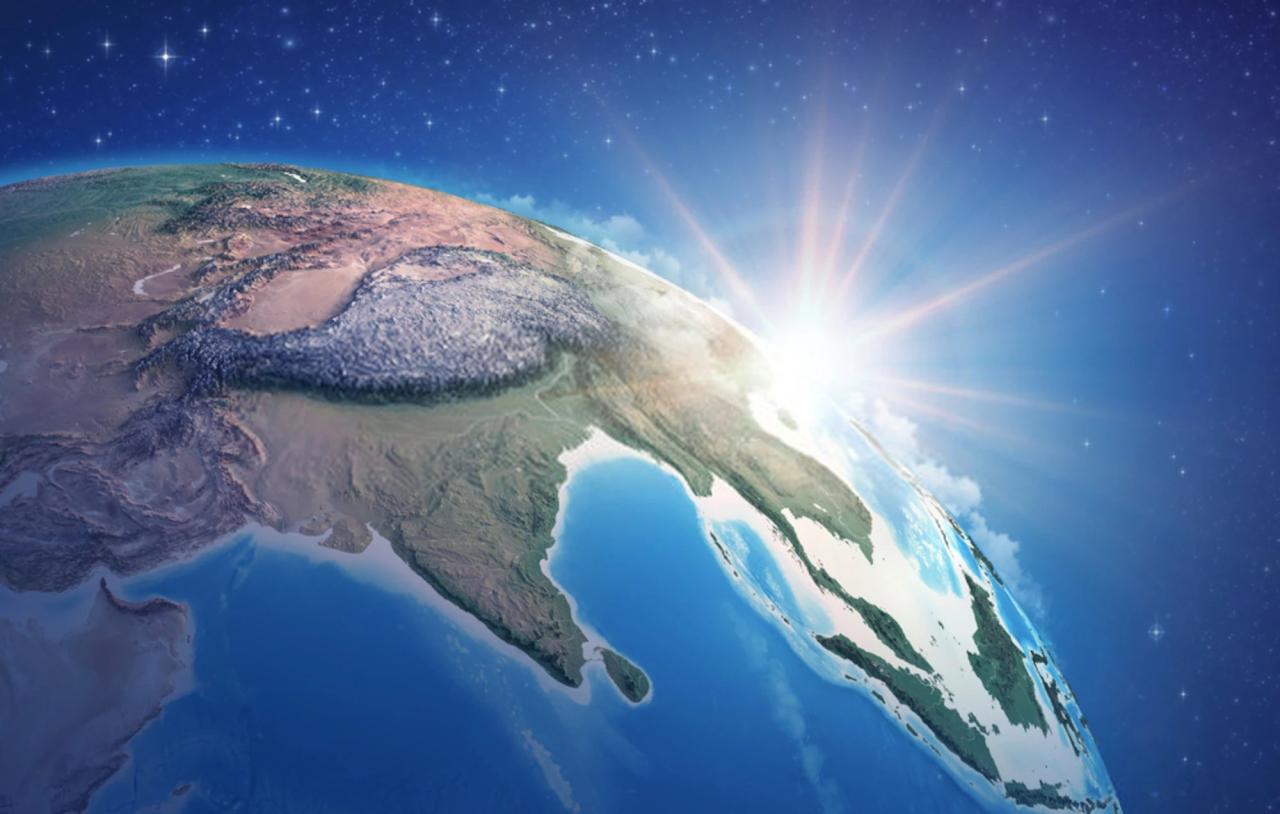
The world has come a long way from the bipolarity of the Cold War era. The emergence of new economic and political powers like China, India, and Brazil has added new dimensions to global politics. As these nations grow in economic and military might, they are asserting their influence on the global stage, challenging the existing order. This has implications for issues like trade, climate change, and nuclear proliferation. The rise of new superpowers has also created new opportunities for cooperation and collaboration, and it is up to the existing powers to find ways to adapt to this changing reality.
Conclusion
Politics will always be a dynamic and ever-evolving field. The challenges that we face today are vastly different from those of the past, and the solutions require a global effort. The changing dynamics of global politics present both opportunities and threats. A dialogue that is inclusive, respectful, and based on democratic principles is crucial to ensure that the political landscape remains stable and peaceful. It is up to the leaders of the world to shape the future of politics in a way that is equitable, sustainable, and just.




